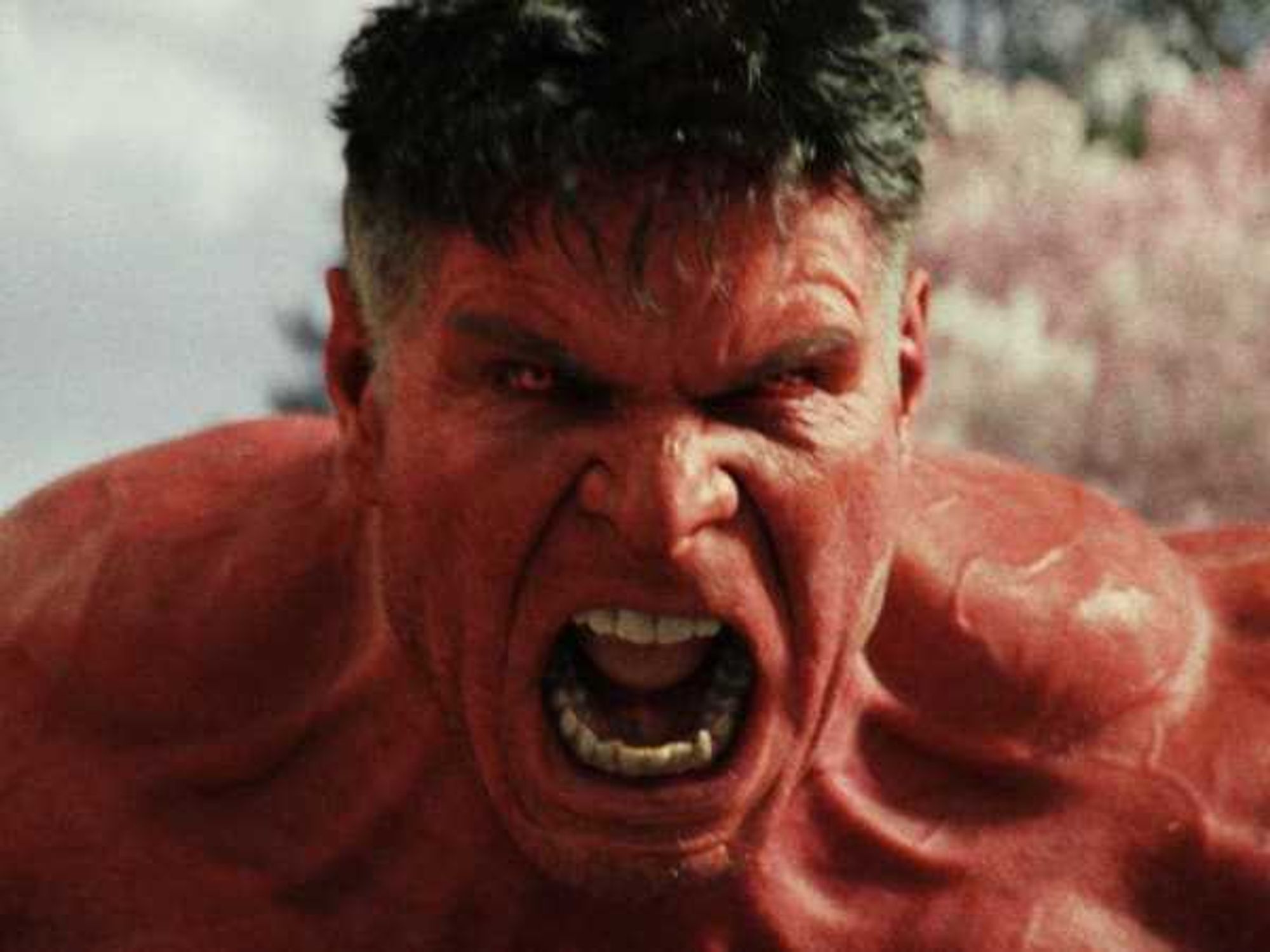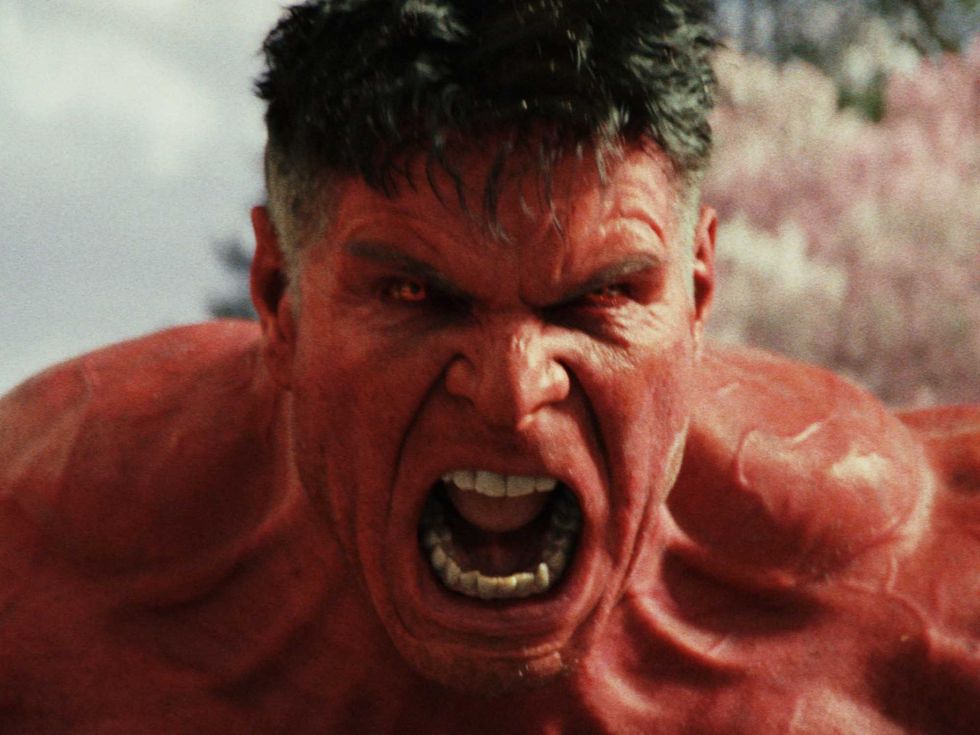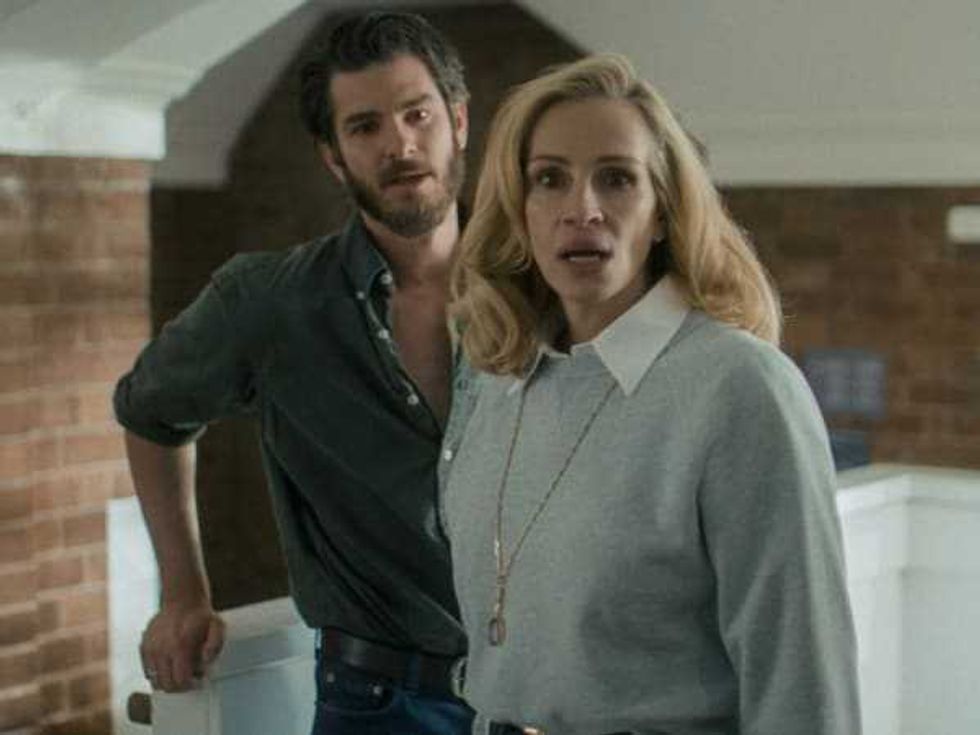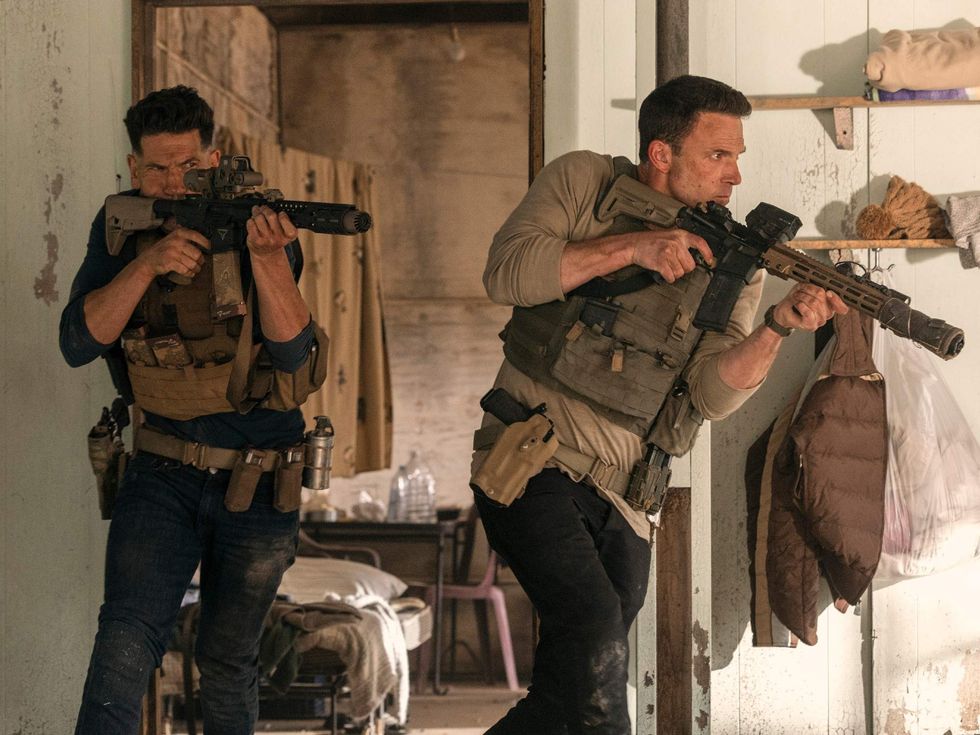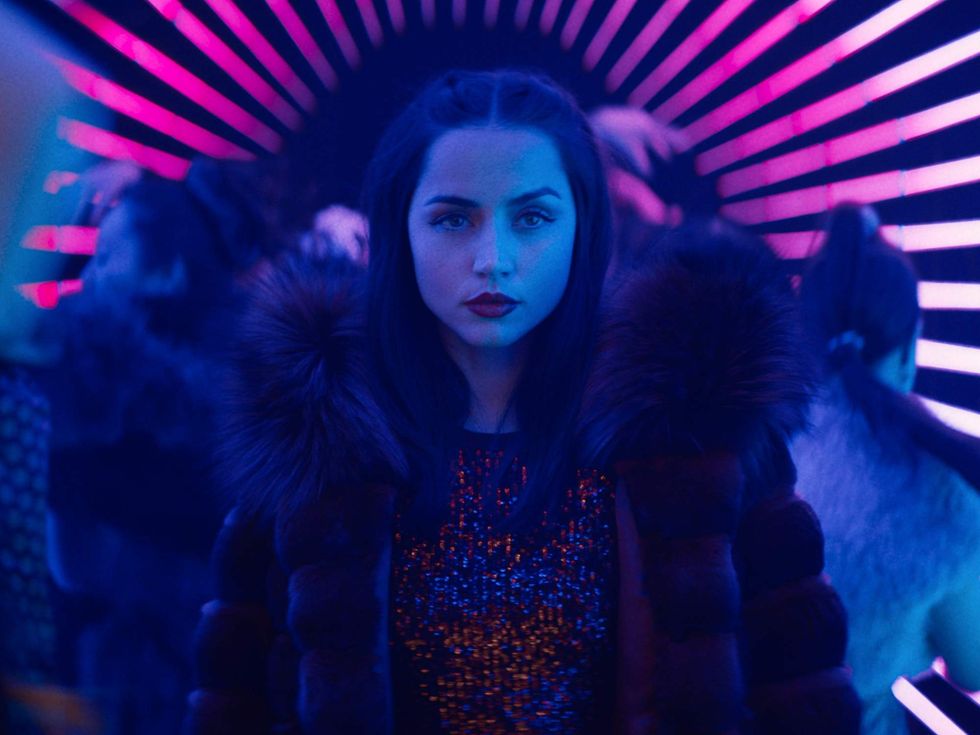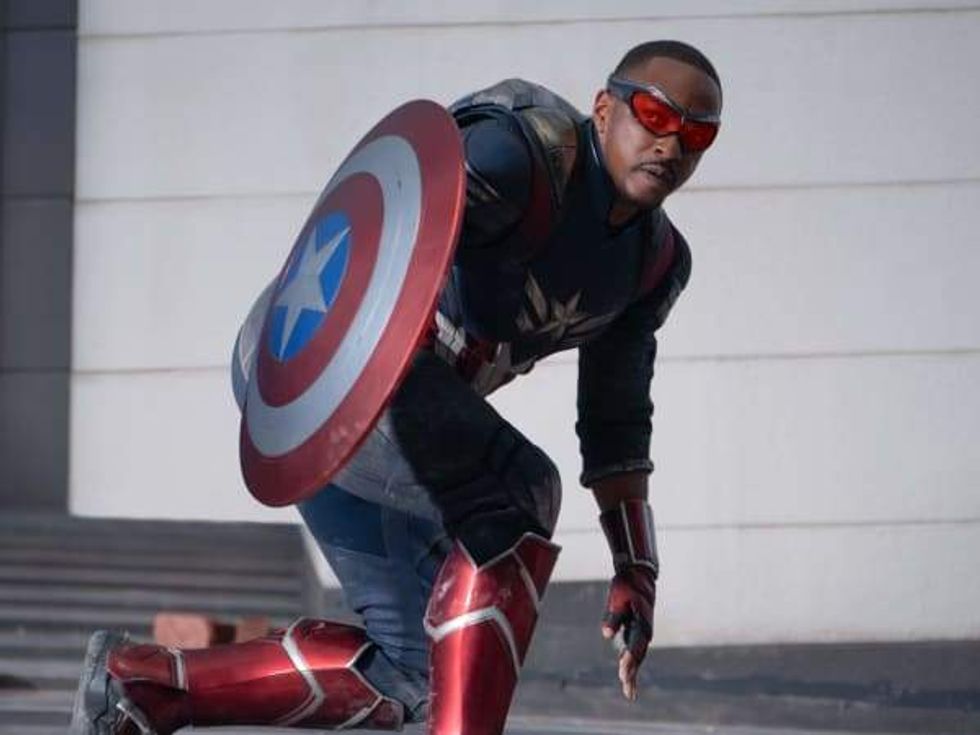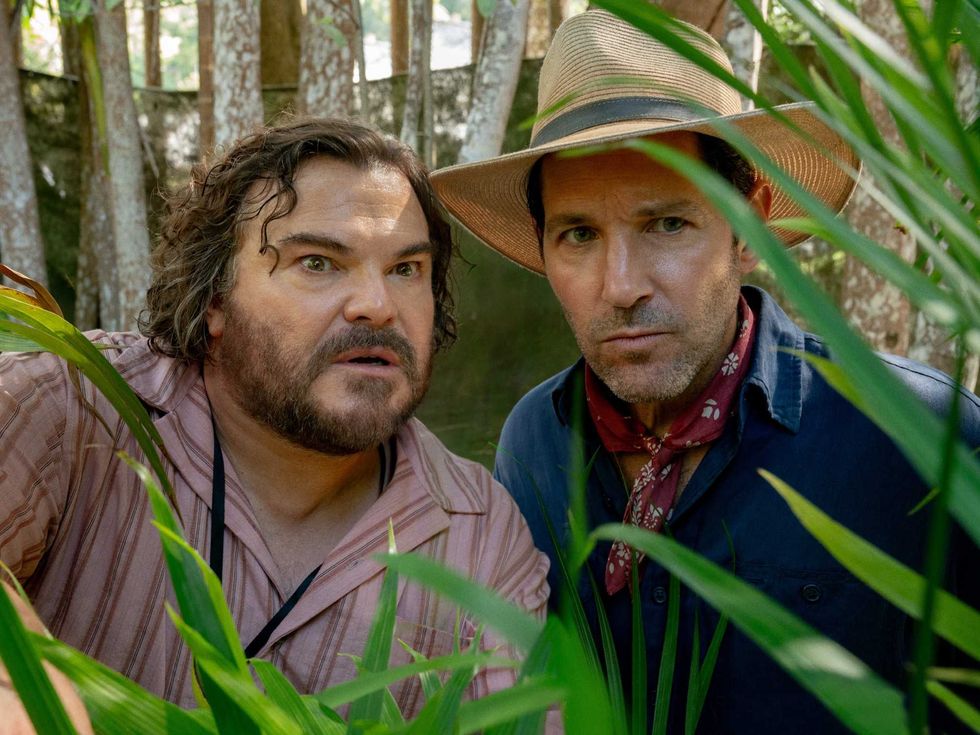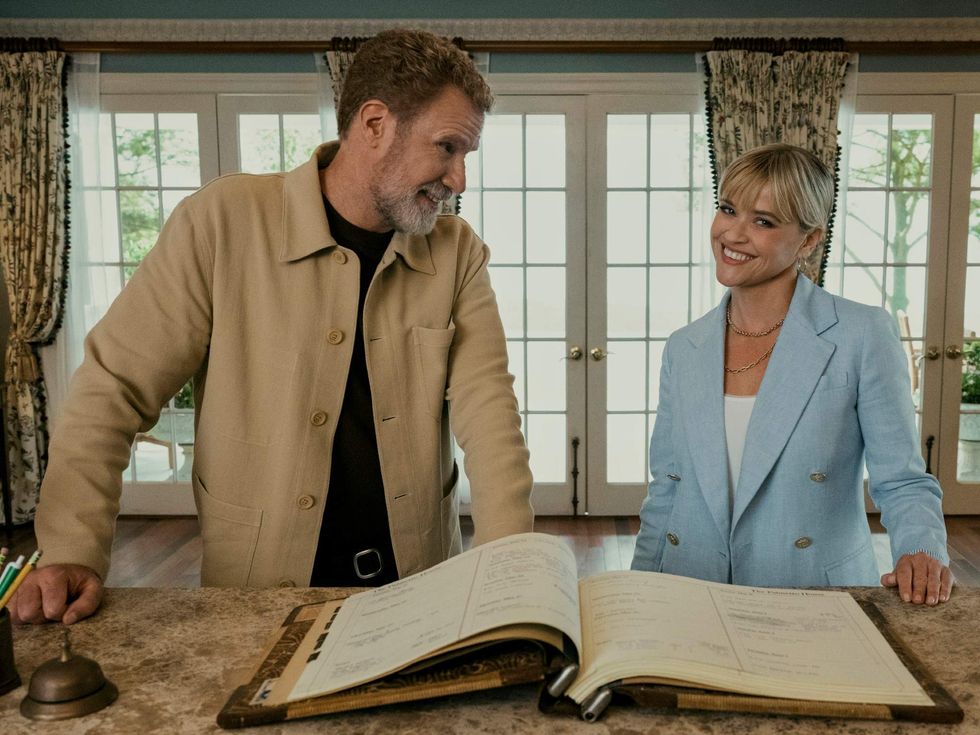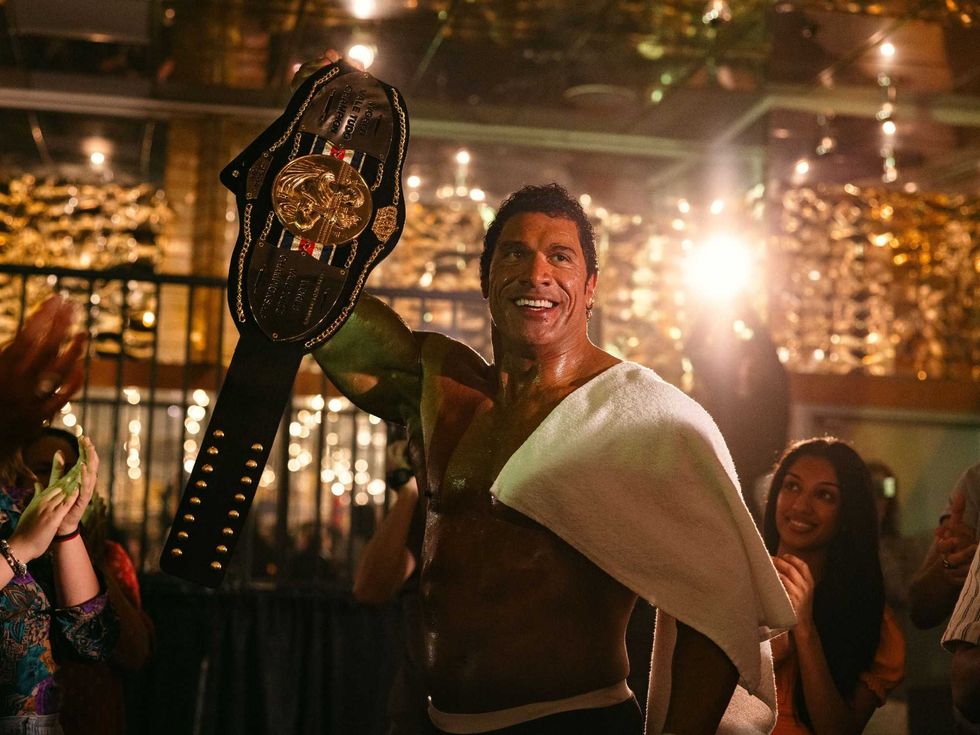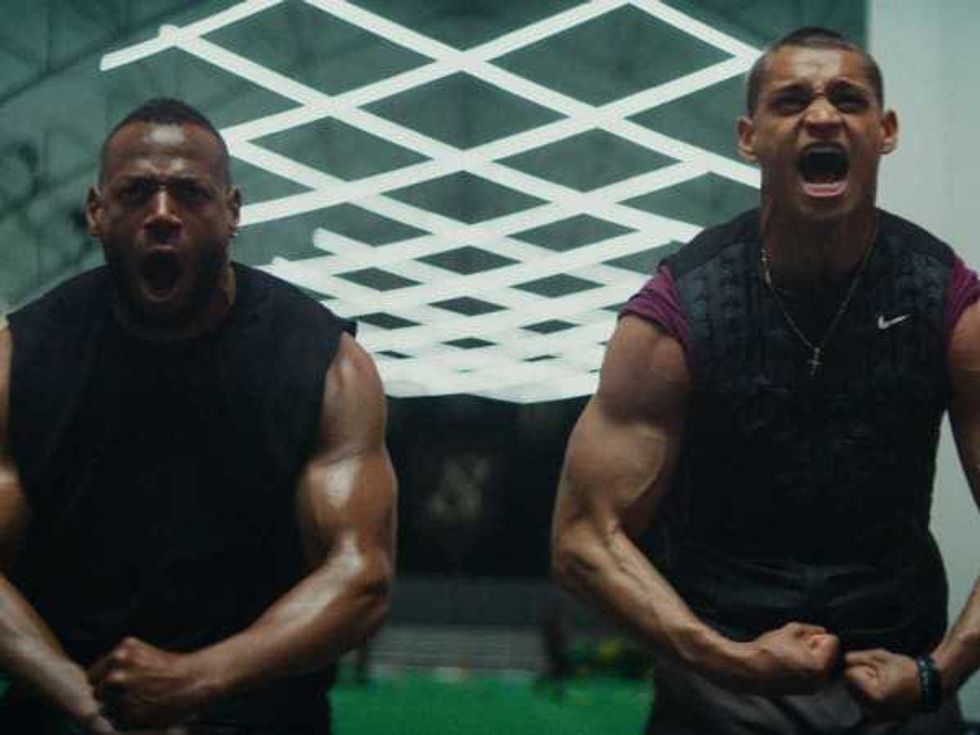EDM News
New EDM festival launches in Dallas to help keep live music alive

A music festival with the noble goal of keeping live music alive will debut in Dallas, headlined by electronic acts Autograf and Jillionaire.
The festival is part of a new concert series, To The Moon, a Dallas-based music event that plans to host touring and local music artists. Founder Lawrence Vo is a Dallas native who lived in California and wanted to leverage the relationships he made there to contribute to the local underground electronic music scene here, as well as promote Dallas acts.
The debut event will take place on April 17 with a lineup as follows:
- Autograf. Chicago indie band Autograf featuring Mikul Wing, Louis Kha, and Jake Carpenter is trying to take house music to the next level. They're an art collaborative that incorporates their art projects into their live performances.
- Jillionaire (formerly with Major Lazer). Real name Christopher Leacock, Jillionaire is a Trinidadian DJ and music producer and former member of the American electronic music group Major Lazer.
- Namanicks. LA-based female artist (who will also be headlining a pre-party event at Deep Ellum Art Co.)
- DJ Souljah. Dallas-based DJ from Puerto Rico has been DJing, remixing, and producing music since 1999.
- C.B.Smoove. Deep House DJ based in Dallas.
The concert is at Southside Music Hall and begins at 9 pm; doors open at 8:30 pm. Guests 18 years and older are welcome with a current, government-issued ID with date of birth and photo ID. Tickets are $25 to $45, and will be sold at the door at an increased price if the event has not sold out.
A portion of the proceeds will be donated to an Artist Relief Fund.
Masks are required. The first 50 guests to arrive at the event will receive a complimentary "To The Moon" facemask.
